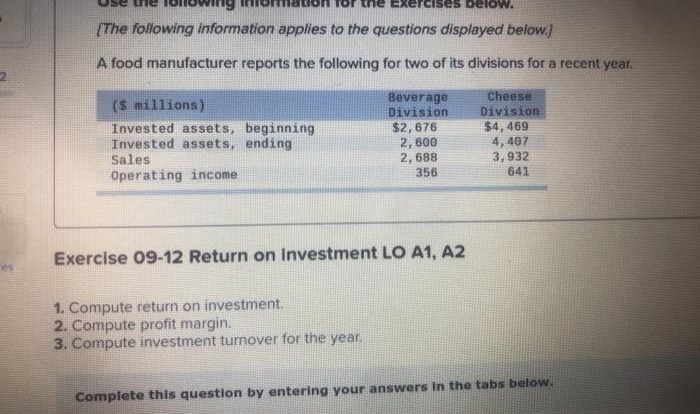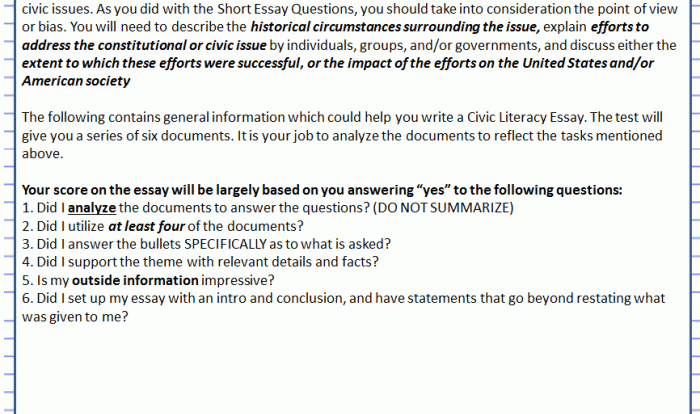Embark on an intellectual journey with our biomolecules crossword puzzle answer key, a comprehensive guide that deciphers the intricate world of biomolecules. Dive into the fundamental concepts, delve into their diverse functions, and unravel the mysteries of their interactions. Prepare to expand your knowledge and deepen your understanding of the building blocks of life.
Biomolecules: Definition and Types
Biomolecules are the fundamental building blocks of life, responsible for the structure, function, and regulation of living organisms. They are organic compounds that occur naturally in living cells and tissues.
There are four main types of biomolecules:
- Carbohydrates
- Proteins
- Lipids
- Nucleic acids
Crossword Puzzle Answer Key
Across
- Starch (CARBOHYDRATE)
- Enzyme (PROTEIN)
- Fat (LIPID)
- DNA (NUCLEIC ACID)
Down
- Glucose (CARBOHYDRATE)
- Amino acid (PROTEIN)
- Phospholipid (LIPID)
- RNA (NUCLEIC ACID)
Biomolecule Classification
Biomolecules can be classified in various ways based on their structure, function, and chemical properties.
| Classification | Types |
|---|---|
| Based on Structure | Monomers, Polymers |
| Based on Function | Structural, Functional, Regulatory |
| Based on Chemical Properties | Carbohydrates, Proteins, Lipids, Nucleic Acids |
Biomolecule Functions
Biomolecules perform a wide range of essential functions in living organisms:
- Carbohydrates: Provide energy and structural support
- Proteins: Catalyze reactions, transport molecules, provide structural support
- Lipids: Store energy, form membranes, provide insulation
- Nucleic acids: Store and transmit genetic information
Biomolecule Structure and Properties: Biomolecules Crossword Puzzle Answer Key
The structure of a biomolecule is determined by the arrangement of its atoms and the bonds between them. The structure influences its properties, such as solubility, reactivity, and function.
For example, the linear structure of starch allows it to store energy efficiently, while the globular structure of proteins enables them to perform specific functions as enzymes or hormones.
Biomolecule Interactions
Biomolecules interact with each other in various ways to perform their functions.
- Covalent bonds: Form strong, stable connections between atoms
- Hydrogen bonds: Weaker bonds that form between polar molecules
- Ionic bonds: Form between charged molecules
- Van der Waals forces: Weak interactions that occur between nonpolar molecules
These interactions contribute to the structure, function, and regulation of biomolecules and biological systems.
Question & Answer Hub
What is the significance of biomolecules?
Biomolecules are the fundamental building blocks of life, essential for all biological processes, from metabolism and energy production to cell signaling and genetic inheritance.
How can the crossword puzzle help me learn about biomolecules?
The crossword puzzle provides an engaging and interactive way to test your knowledge and reinforce your understanding of biomolecules and their functions.
What are the different types of biomolecules?
Biomolecules can be classified into four main types: carbohydrates, lipids, proteins, and nucleic acids, each with unique structures and functions.


